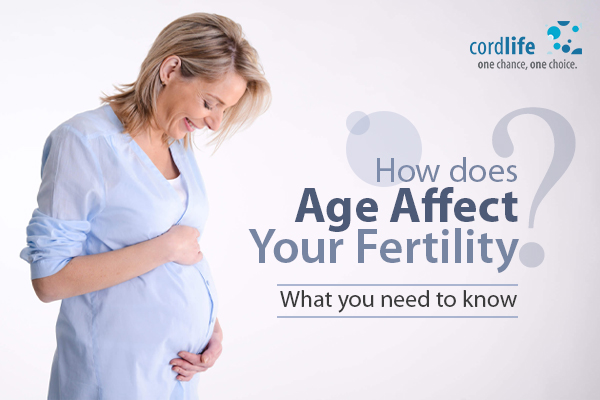Table of Contents
- How Does Age Affect Your Fertility?
- Fertility When You’re in Your 20s
- Age Affect Your Fertility When You’ve Crossed Your 30s
- Fertility In or Above Your 40s
- Factors That Affect a Female Fertility
- What Are The Options Available to Boost Your Fertility?
- Can Your Male Counterpart’s Infertility Affect Your Fertility?
In this fast-paced world, while focusing on your career goals and daily targets, you might not have realised that you’ve already missed out on your plans to start a family. Your biological clock is ticking. Did you know that with age, fertility declines naturally? After you’ve crossed 30 or 40, you might face a few difficulties while you’re having a baby. Read this article to find out in what way.
How Does Age Affect Your Fertility?
Undeniably, major factor is that the age affect your fertility. Here’s a list curated for your help.
Fertility When You’re in Your 20s
Did you know that you were born with eggs? Indeed! You have around 1 to 2 million eggs. However, by the time you enter puberty, you have around 300,000 to 500,000 eggs. The 20s is, biologically, the right age for a woman’s fertility. In fact, in your 20s, you have a 20 to 25% chance of becoming pregnant, every month, because you have good quality eggs. Along with this, you might have less chance of having a miscarriage, chromosomal abnormality, and gestational diabetes. Well, that does not mean you wouldn’t have fertility problems. It might happen that your male counterpart has low sperm counts and tubal issues which might give rise to fertility problems in you.
Age Affect Your Fertility When You’ve Crossed Your 30s
In or above your 30s you may be financially and emotionally stable to take care of the baby. However, according to the American Society for Reproductive Medicine your chances of fertility at this stage are difficult since the quantity and quality of eggs are diminishing. Getting pregnant by the time you become 35 years old is about 12%. Your risk of miscarriage and the risk of having a baby with birth defects cannot be denied either.
Fertility In or Above Your 40s
Although in your 40s you’re economically and emotionally stable to take care of your baby, however, there is a rapid decline in the quality of your eggs to make you pregnant. Your odds of trying for a baby are around 7% at this age. The older the eggs, the more are chromosomal problems. You even can’t deny the odds of your having a baby with birth defects. Further, your healthcare practitioner would suggest an emergency C – Section for you. Not just that! You might also expect to have a low birth weight baby.
Factors That Affect a Female Fertility
Having said that, you might have reached a certain age (maybe 35 years old or older), and both of you as couples may have been trying for a baby, without much success. Well, as you grow older, it’s not just your rapidly declining eggs, there are several medical problems contributing to your fertility. They include:
- Ovulation problems as a result of polycystic ovary syndrome and thyroid problems
- Abnormalities in the uterus or cervix
- Blockage or Damage in the fallopian tube
- When tissue grows outside the uterine line
- Early menopause
- Pelvic floor problems
What Are The Options Available to Boost Your Fertility?
You might have to seek the help of your healthcare practitioner with fertility concerns after you’ve crossed 35 years old. The specialist may take you through medical treatment options like giving you medicines for your egg production and using IVF techniques. Your expert might recommend you to do some yoga, meditation, and acupuncture to improve your chances of becoming pregnant.
Can Your Male Counterpart’s Infertility Affect Your Fertility?
Yes! After your male counterpart has reached a certain age (maybe 40), his lifestyle choices like smoking, drinking, less physical activity, and daily stress factors at work may reduce the sperm count and lower the semen volume. In addition, older men are more likely to have genetic abnormalities in their sperm cells. This would result in a delay in your pregnancy. Who knows, you might even have a greater risk of miscarriage, regardless of your age.
Ultimately, becoming parents is teamwork, and it is definitely your choice when you want to become parents. If you’d like to take your time and wait, consult with your doctor and find out when you stand a chance.
